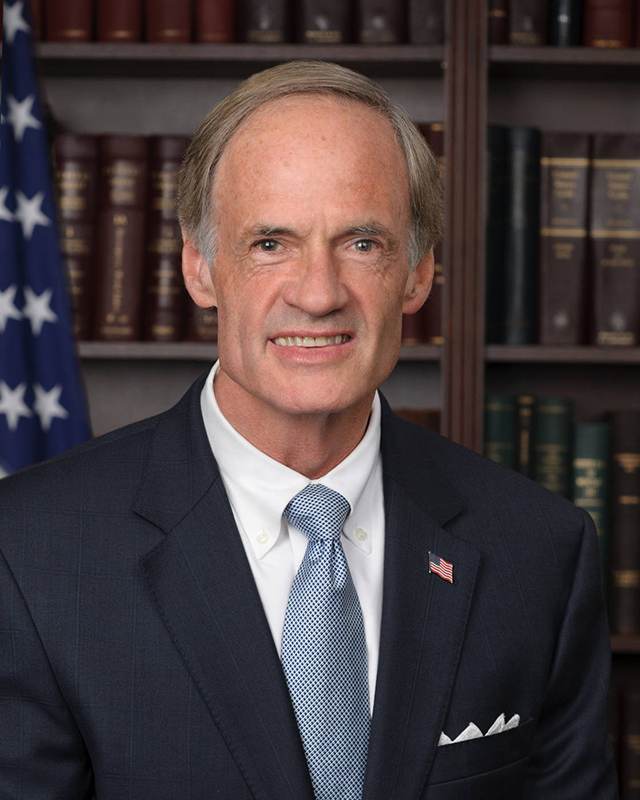This week Senator Tom Carper (D-Del.) cited E.O. Wilson in his opening statement at a U.S. Senate Environment and Public Works Committee hearing, “Oversight: Modernization of the Endangered Species Act.” His opening statement can be read in full below.
“According to the International Union for the Conservation of Nature — better known as IUCN — almost one-third of all known species of plants and animals — 22,784 species — are currently at risk of extinction. According to Harvard conservation biologist E.O. Wilson — one of the world’s preeminent scholars on biodiversity — if we continue on our current path, half of all species worldwide are likely to go extinct in the next century. That is a troublesome warning that, if allowed to become reality, would have tremendously detrimental implications for our global ecosystem.
There is much talk in the halls of Congress these days about ‘modernizing’ the Endangered Species Act, and a host of other environmental protections. In each case, we need to be very thoughtful about what modernization means, the proposals we review and the consequences they would inflict. Nowhere is that exercise of wisdom and humility more appropriate than when we explore changes to the Endangered Species Act: a lifeline that Congress first extended in 1973 to species struggling to adapt to a world forever altered by the presence of one species in particular—humans. The House Committee on Merchant Marine and Fisheries, a Committee on which I once served, soberly noted in its report to accompany the original Endangered Species legislation: ‘If the blue whale, the largest animal in the history of this world, were to disappear, it would not be possible to replace it—it would simply be gone. Irretrievably. Forever.’


Senator Tom Carper (D-Del.)
The value of this law, however, is not just the inherent value of the animals and plants that share this planet with us, but also the benefits we gain from protecting the places where they live and thrive. The National Fish and Wildlife Foundation estimates that the natural habitats we’ve protected in the lower 48 states alone provide a total roughly $1.6 trillion per year in benefits. It comes as little surprise, then, that the Endangered Species Act passed Congress in the 1970s nearly unanimously. While much has changed over the past 40-plus years, apparently our desire for thriving species and healthy habitats has not. As we consider our witnesses’ views on the need to modernize the Act, we should also keep in mind its purpose: to prevent the extinction of species and to do our best to restore those at risk. I, for one, am reluctant to do anything to compromise the successes we have achieved.
Another observation: it has been a long time since we in Congress last reauthorized the Endangered Species Act. What I find interesting is that, given the opportunity to make changes, the compulsion over time was not to weaken, but rather to strengthen the law—to make it more effective in protecting species in peril. For example, Congress adopted an amendment to address the position of the Reagan Administration and ensure that listing decisions were based solely on biological and scientific factors, not economic calculations. At that same time, Congress also saw fit to set deadlines to ensure that federal agencies made responsive and timely determinations in response to the listing petitions they received.
As a former Governor, I’ll be especially interested in our witnesses’ perspectives on the proper role—and the success—of states in managing species so they don’t end up on threatened and endangered species lists. Along those lines, I am particularly curious whether all of our government agencies at all levels have the resources they need to protect species and help them recover if they end up in peril. And, with funding in mind, I hope to understand better the degree to which states have the resources—financial and scientific—as well as the desire to take on the awesome responsibilities of the Endangered Species Act. I would like to close, Mr. Chairman, by thanking all our witnesses for joining us today. We look forward to learning much from each of you today.
Thank you, Mr. Chairman.”

